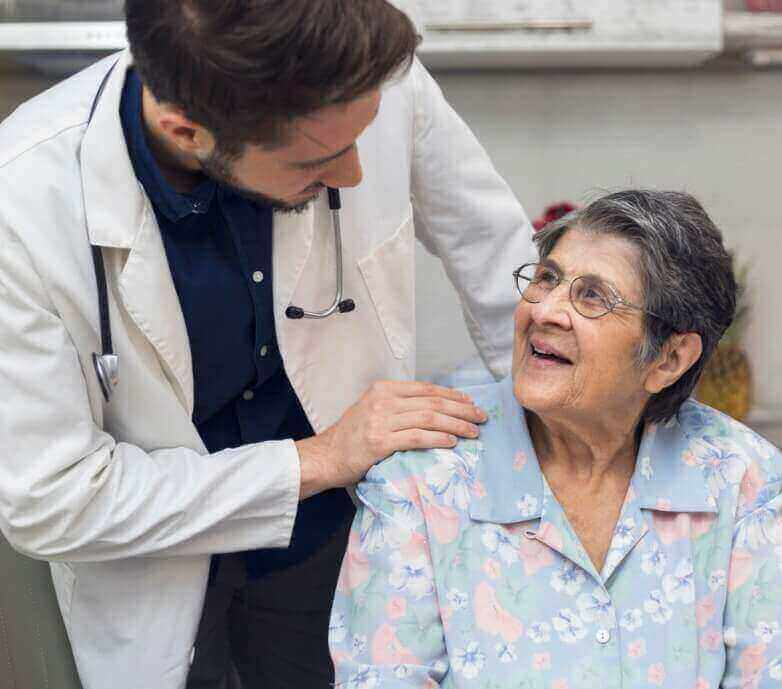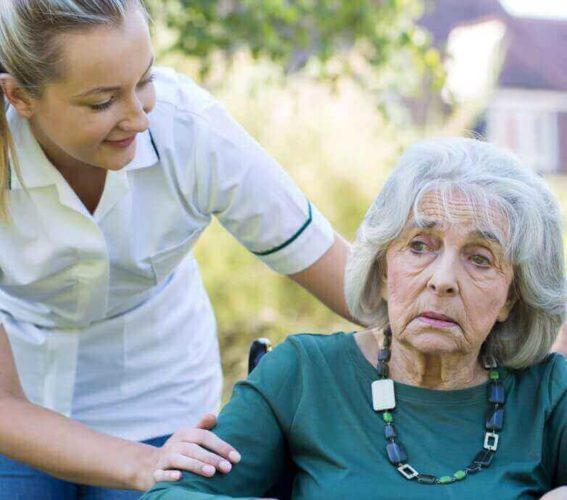Impairment of a person’s ability to understand or formulate individual words and phrases is called aphasia. This is a language disorder. Aphasia can occur after a stroke in the language areas of the brain, such as portions of the frontal lobe, temporal lobe, and parietal lobe.
About 25-40% of stroke survivors develop some level of aphasia. People who suffer from aphasia have trouble communicating with others due to the nature of their condition.
The three types of aphasia:
Broca’s Aphasia
It prevents the person from being able to produce clear, spoken language, but they can understand others fine.
Wernicke’s Aphasia
It prevents the person from being able to understand what others are saying, although they can produce words themselves. It may also cause them to talk in seemingly random patterns that may not make sense to others but make perfect sense to them.
Global Aphasia
The person is both unable to produce words and unable to understand others.
Changing one’s perspective
Having difficulty communicating can be understandably frustrating for stroke survivors. They may be talked down to or made to feel like they are stupid for not being able to communicate like they used to. That is an unfair and hurtful viewpoint of those who suffer from aphasia. Aphasia involves the loss of language, not the loss of intelligence.
Aphasic people require patience as they move through the recovery process. When trying to communicate with an aphasic stroke survivor, words should be slower and more deliberate. Of course, every survivor faces different challenges throughout recovery, and it is best to take the time to understand their individual needs.

- Minimize distractions such as TV, radio or other background noise.
- Keep your voice at a natural level. Do not raise your voice unless they ask you.
- Simplify your sentence structure without talking down to them. They are adults, not children.
- Communicate with body language, facial expressions, drawings or writing in addition to spoken words.
- Resist the urge to rush them by trying to complete their sentences while they are speaking.
- Talk to them, not their caregiver. While some information should go directly to the caregiver, the survivor should not go ignored. Be mindful not to bypass them in conversation.

How speech therapy can help
Speech therapy is an excellent resource for regaining language abilities after a stroke. In addition, regenerative treatments can rebuild the lost and damaged neural connections of the brain. Schlaganfall-Erkrankungen wie beispielsweise Aphasie können in der Regel zurückgehen und zwar in dem Maße, wie das Gehirn heilt.
For more information on CBC Health’s innovative regenerative stroke therapy, call +1 855 426 4623.



